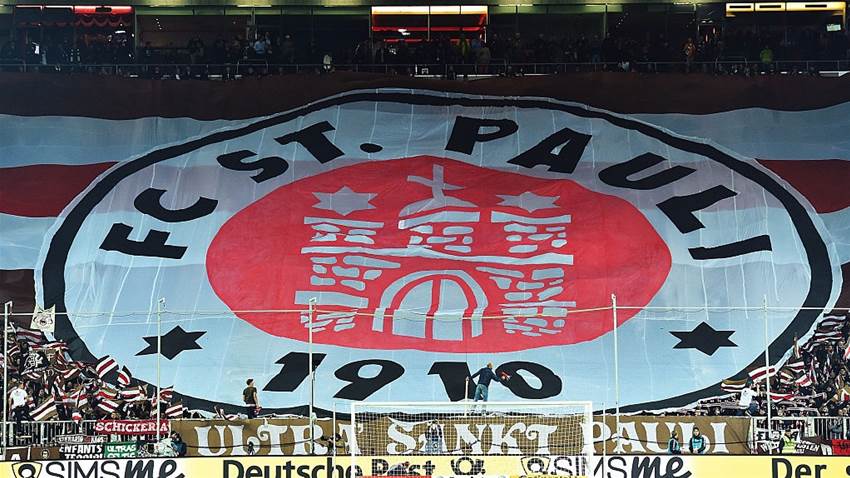We all want another Western Sydney Wanderers, but how can A-League expansion clubs get it right? The answer may be hidden within one of Europe’s most unusual teams.
What would an Australian St. Pauli look like?

This isn’t an opportunity unique to lefties and laté-sipping hipsters. Although the German trailblazers have pioneered a specific ethos, the possibilities for similar strategies are endless for existing and potential A-League franchises.
An expansion club has the lucrative ability to form this status from the ground up, but St. Pauli shows 70 years of pre-political existence matters little if the mind is willing and the board is able.
Team 11 - an expansion candidate based out of the Victorian suburb of Dandenong - are in a strong position to capitalise on this approach by actively engaging the cultural diversity of their supporter base, not just in words, but in action. Bids from Campbelltown and South Western Sydney tap into similar cultural hotbeds, while Brisbane City’s strong connection with the area’s Italian community offers it’s own opportunities.
There are 157 nationalities represented in Dandenong, with similar figures evident throughout Western and South-Western Sydney, largely united not by football, but by shared experience of immigration and living as an ‘outsider’.
A club that spoke directly to their needs and gave them a social voice, could attract a far larger and more loyal audience then some of the audiences that support other A-League clubs. The potential benefits, as evidenced by the turnaround popularity of St. Pauli, are lucrative.
Clubs like Brisbane Roar now face a problem of how to stabilise wildly varying average attendances - 18,000 when the team is winning, 8,000 when they’re struggling. It’s a misleading simplification to purely blame this on a fickle supporter base, but it’s relevant within the wider issue of inconsistent support across the league.
Wellington Phoenix also possess the chance - and like the Keizkicker, the desperation - to separate themselves from other New Zealand sporting sides by adopting a cause. It could be as simple as an Athletic Bilbao cantera approach towards Kiwi natives, or a more widespread, politically driven ideology.
Central Coast has the opportunity to drive rural values, hometown fervour and the rights of the disenfranchised small town community. Perth Glory, the endless struggle for West Australian independence.
It might sound churlish, but there’s little knowing what passions are bubbling beneath the surface of Australian regions before the opportunity arises for people to back something they really believe in. If Pauline Hanson and the sudden rise of One Nation aren’t evidence of this, it’s hard to say what is.
Working towards deeper meaning within our football clubs is a natural part of securing long-term support for the A-League.
There’s little evidence that this happens organically outside of countries with a widespread football culture - you only have to look at the dismal attendances across Eastern European competitions, which boast clubs of similar ages to the English Premier League or Bundesliga, to discern that success plays a far larger role in continued support than history.
So how to combat the curse of the capricious? St. Pauli may have provided our best answer yet.
Related Articles

Treble-winning Mariners enter ALM's greatest debate

Popovic expected to make call on Victory future













